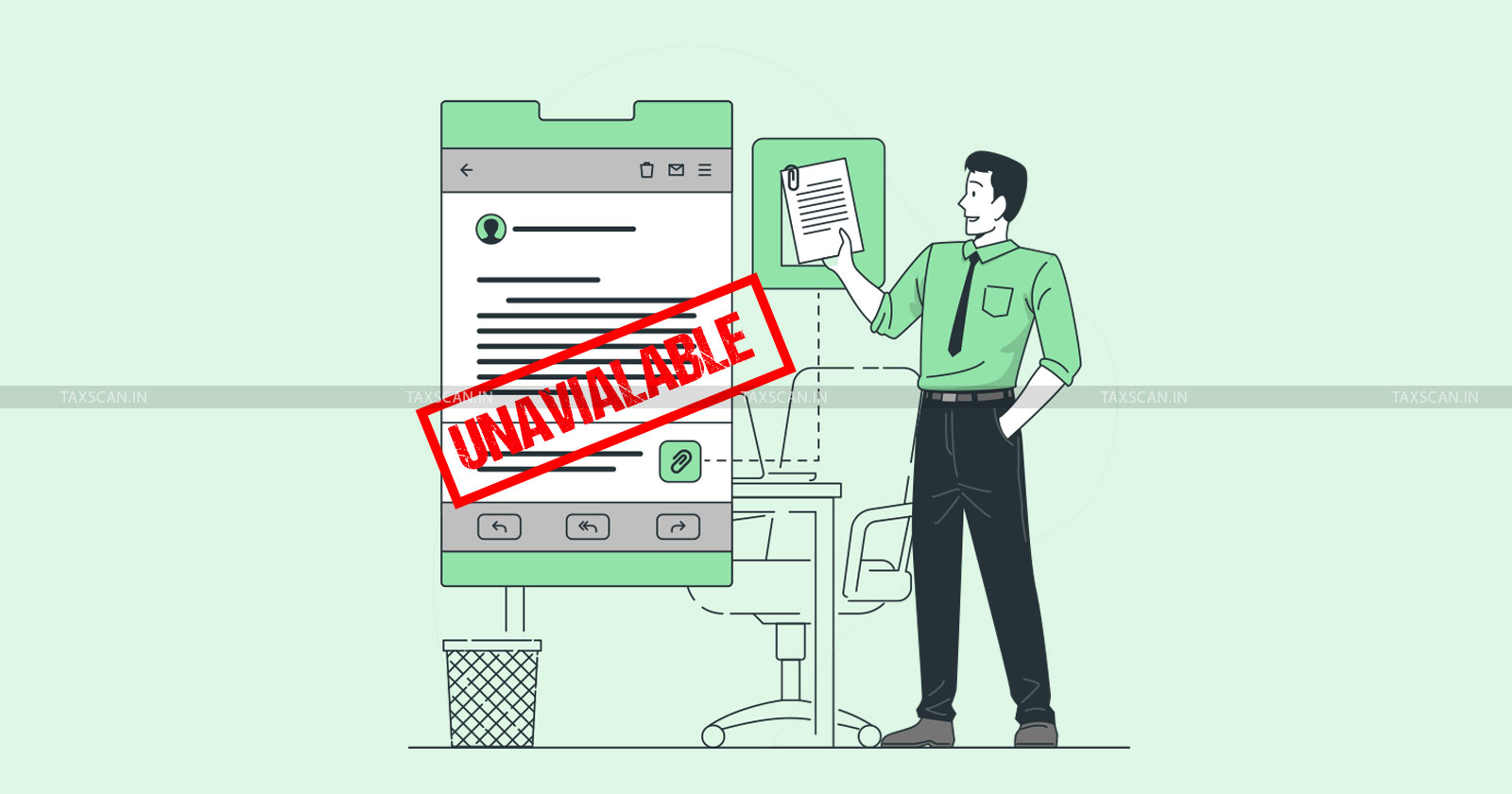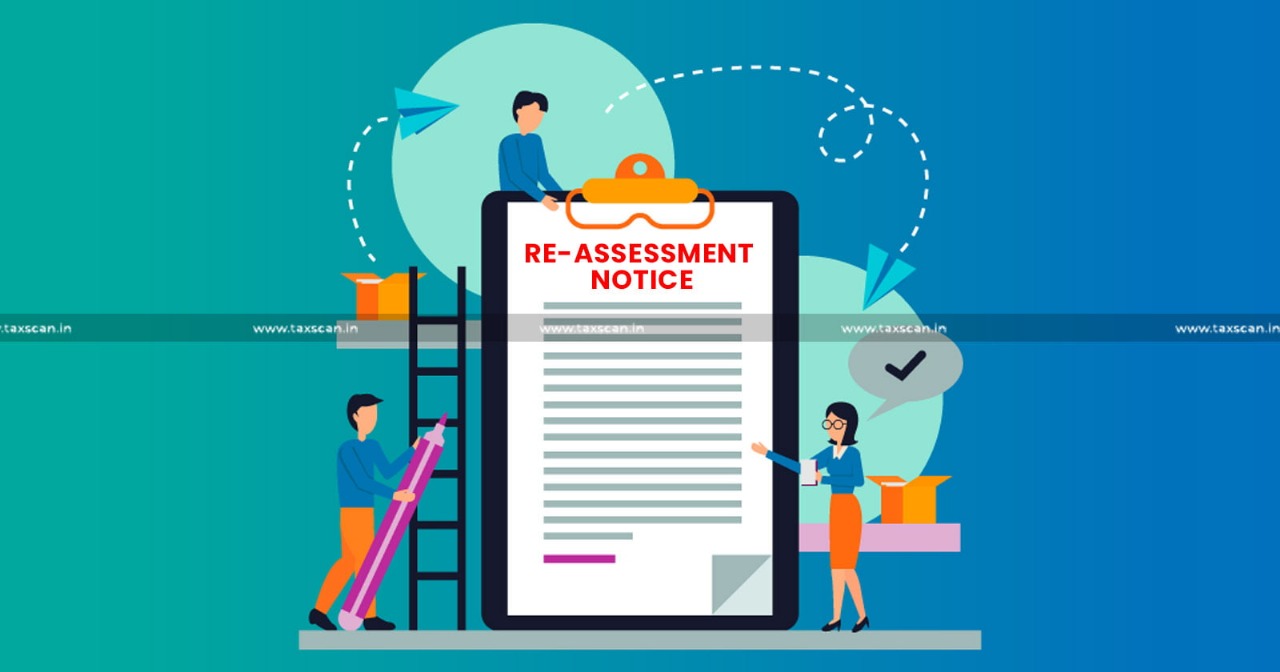Interest from Cooperative Banks Deductible u/s 80P(2)(d) as they Fall Under 'Cooperative Society': Gujarat HC [Read Order]
The Gujarat HC held that a cooperative society can claim a deduction u/s 80P(2)(d) on interest earned from a cooperative bank, as the bank is also a cooperative society under the law
![Interest from Cooperative Banks Deductible u/s 80P(2)(d) as they Fall Under Cooperative Society: Gujarat HC [Read Order] Interest from Cooperative Banks Deductible u/s 80P(2)(d) as they Fall Under Cooperative Society: Gujarat HC [Read Order]](https://images.taxscan.in/h-upload/2025/07/10/2062286-interest-from-cooperative-banks-interest-cooperative-banks-deductible-section-80p2d-taxscan.webp)
In a recent ruling, the Gujarat High Court held that cooperative banks are entitled to deductions under Section 80P(2)(d) of the Income Tax Act, as these banks are essentially cooperative societies registered under the Gujarat State Cooperative Societies Act, despite the specific term 'cooperative banks' not explicitly appearing in the statutory provision.
Rajkot Lodhika Sahakari Kharid Vechan Sangh Ltd., a cooperative society engaged in supplying agricultural inputs to its members, had filed its tax return for the assessment year 2018-19, claiming deductions under Section 80P(2)(d) for interest earned from investments made with cooperative banks. Initially, the Assessing Officer (AO) had allowed these deductions during the assessment.
 Also Read:SCN Reply Lacks Supporting Documents Due to Non-availability: Madras HC Sets Aside Order and Remands for Fresh Consideration [Read Order]
Also Read:SCN Reply Lacks Supporting Documents Due to Non-availability: Madras HC Sets Aside Order and Remands for Fresh Consideration [Read Order]
The Principal Commissioner of Income Tax (PCIT), Rajkot, later invoked revisional powers under Section 263, holding that the AO's decision was erroneous and prejudicial to revenue interests. The PCIT argued that Section 80P(2)(d) specifically allows deductions only for interest income from investments with cooperative societies and not explicitly cooperative banks.
Understanding Common Mode of Tax Evasion with Practical Scenarios, Click Here
The assessee’s counsel appealed against this order before the Income Tax Appellate Tribunal (ITAT), Rajkot. The ITAT ruled in favor of the assessee, quashing the PCIT’s order. The Revenue then approached the Gujarat High Court, challenging the ITAT’s decision.
The revenue counsel argued before the High Court that cooperative banks were not explicitly mentioned under Section 80P(2)(d) of the Income Tax Act and interest earned from such banks did not qualify for deductions. The counsel also cited an earlier judgment by the Gujarat High Court in support of its stance.
 Also Read:Issuance of Reassessment Notice Under Income Tax Act Beyond Limitation Under TOLA: Gujarat HC Quashes It as Time-Barred [Read Order]
Also Read:Issuance of Reassessment Notice Under Income Tax Act Beyond Limitation Under TOLA: Gujarat HC Quashes It as Time-Barred [Read Order]
The assessee’s counsel argued that cooperative banks are fundamentally cooperative societies registered under the Gujarat State Cooperative Societies Act and meeting the statutory requirement under Section 80P(2)(d). The counsel explained that cooperative banks had not been excluded by any specific amendment to Section 80P of the Income Tax Act.
The bench comprising Justice Bhargav D. Karia and Justice Pranav Trivedi observed that cooperative banks are indeed cooperative societies as per the Gujarat State Cooperative Societies Act.
The court further clarified that Section 80P(2)(d) is a beneficial provision intended to support and encourage cooperative societies, so it should be interpreted broadly and liberally in favor of such entities. The court observed that merely because cooperative banks are involved in banking activities, they do not cease to be cooperative societies eligible for such benefits.
The court ruled that the PCIT wrongly exercised jurisdiction under Section 263, as the original assessment by the AO was neither erroneous nor prejudicial to revenue interests. The court dismissed the Revenue's appeal.
Support our journalism by subscribing to Taxscan premium. Follow us on Telegram for quick updates


